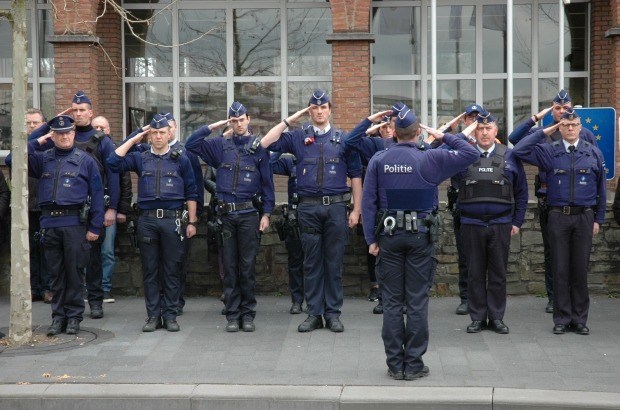The debate on the idea of merging the police zones in Brussels is inevitable, Home Affairs Minister Pieter De Crem said on Wednesday, promising a parliamentary commission to give an overview of the discussions when the federal government is formed.
The Chamber's Home Affairs Commission has held a series of hearings on the issue following the submission by Vlaams Belang of a bill seeking to merge the capital’s six zones.
In practice, the bill alone would not be enough to bring about the merger. It would also need to involve the capital’s mayors and the police commissioners of the various areas, De Crem said, hailing the idea of having an exhaustive study done on the issue.
In 1998, the 19 local police precincts in Brussels were merged into six zones, each with a commissioner and a police council. “These six zones are an intermediate stage,” De Crem stressed, voicing an opinion widely shared in Flanders but frowned on, at least officially, but many of the capital’s political leaders.
Wednesday’s discussions reflected this division.
The trend throughout the country is to scale up police zones, both in Brussels and elsewhere, De Crem argued, pointing to problems such as the existence of six police dispatching centres in the capital. Cities larger than Brussels, such as London and Paris, have a single metropolitan police force, which does not rule out community policing, he said, adding that, in the event of a merger, the 19 communes would have an added role in this regard.
The merger idea was opposed last week by the President of the Conference of Brussels Mayors, Charles Picqué (Socialist Party, PS), who cited the good results achieved by the capital police, such as a noticeable drop in crime even as the population increased.
A survey conducted among Brussels’ mayors and police commissioners also militate against the merger idea. “The studies are there, so why more studies, and until when? Until they back up the ideas of Vlaams Belang?” wondered parliamentarian Philippe Pivin of the Mouvement Reformateur (MR), a former mayor of Koekelberg.
The Centre démocrate humaniste (cdH) also came out against the idea, voicing concern that the north of the country “felt the need to manage Brussels” without considering the capital’s residents. “The city that’s a cause of concern in terms of security today is Antwerp,” cdH’s Georges Dallemagne remarked.
The ecologists, grouped together with the Groen party, had a different take on the issue. They felt some competencies could be made regional and advocated a “binary and community vision”. Gilles Vanden Burre said the Greens wanted the country to move forward on the matter, “with the primary objective of serving the citizen.”
The Brussels Times

